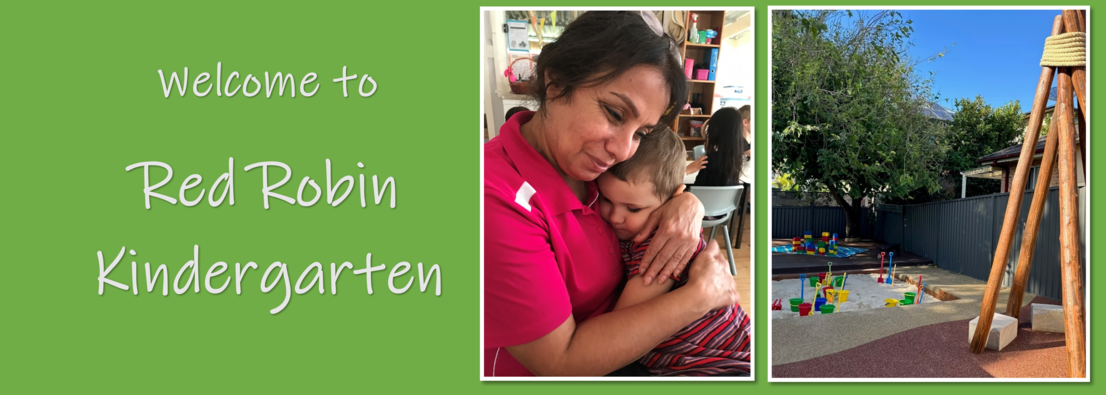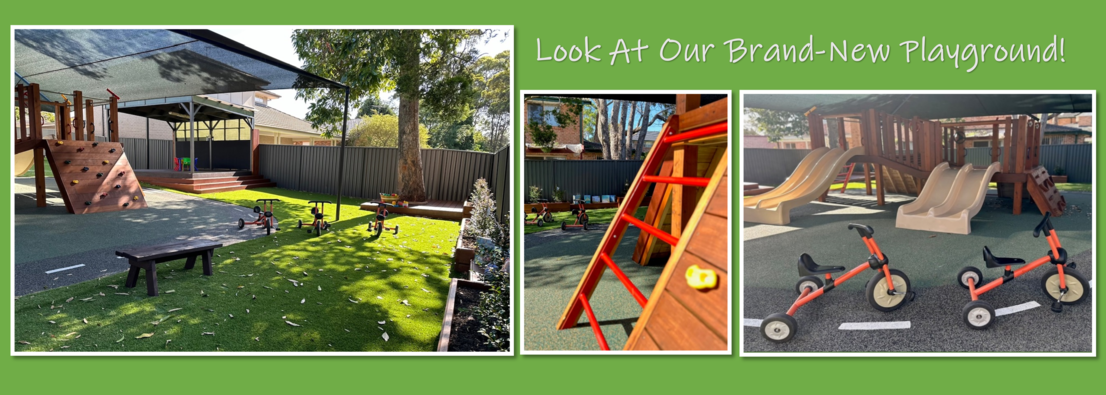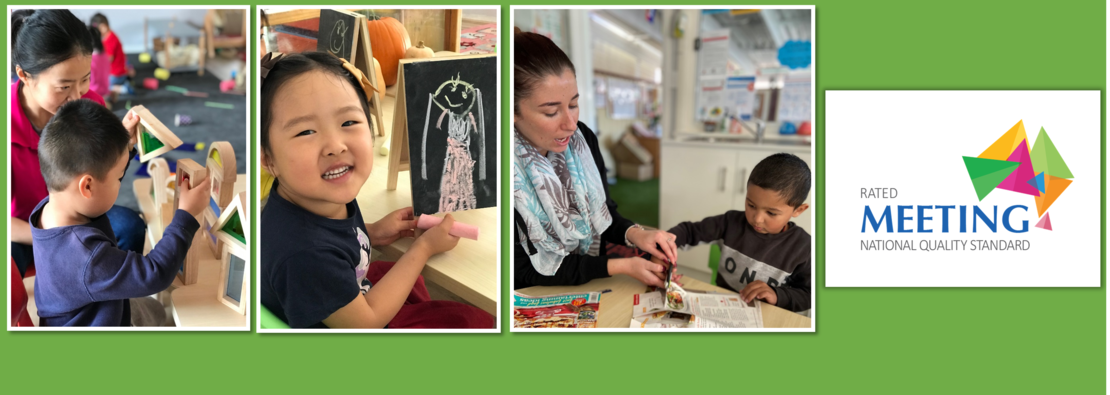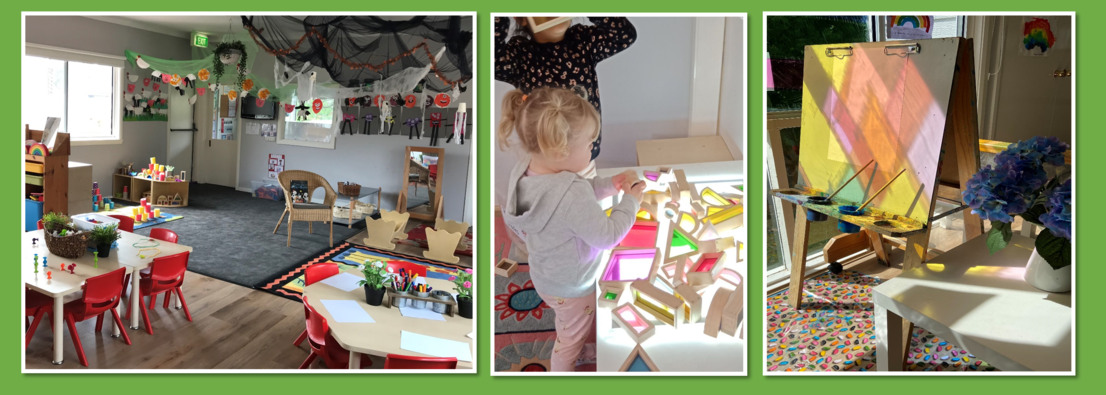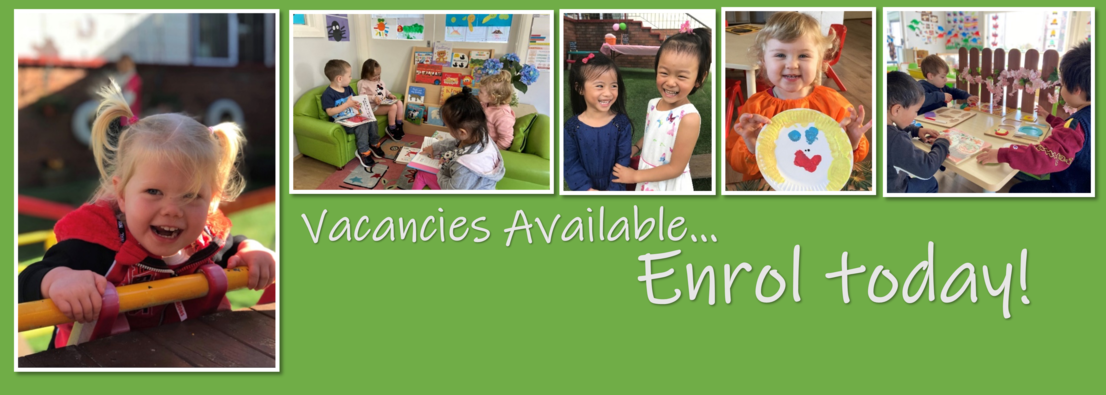✪ Resource Library – Parent Information
Illness and Infectious Diseases
- Click here to view information sheet ‘Breaking the chain of infection’ which contains information for families regarding infection prevention and control in early childhood education and care.
- Click here to view exclusion periods explained. This information sheet contains information for families regarding exclusion periods for sick children in centres.
- Click here for a great information sheet about what causes infections.
Early Years Learning Framework (EYLF)
- Click here to read a families fact sheet about the EYLF.
- Click here to read to EYLF full document
National Quality Framework (NQF)
The National Quality Framework (NQF) provides a national approach to regulation, assessment and quality improvement for early childhood education and care services. The NQF introduced a new quality standard in 2012 to improve education and care across long day care, family day care, preschool/kindergarten, and outside school hours care services. Click the links below to read more about each.
The NQF includes:
- National Law and National Regulations
- National Quality Standard
- Assessment and quality rating process
- National learning frameworks.
Starting Blocks
Starting blocks provides parents with information about early childhood education and care to help them make the best choice for their child and family.
Click here to go to the Starting Blocks website and take advantage of their great resources and information.
Toilet Training
Toilet training typically happens between the ages of 2-3yrs. Some children earlier and come later.
Click here for some great tips and tricks around toilet training.
Fussy Eating
Feeding young children can be challenging. As a parent, it can be concerning and frustrating when your child refuses to try new foods or eat what you have provided.
Click here for a great information sheet on encouraging children to try new foods and managing fussy eaters.
Lunch Box Ideas
Click Here for some great ideas for healthy lunchbox snacks.
Here are some healhty lunch box ideas.
Check out our Lunchbox Checklist to help you provide nutritious food each day your child is in care for 8 hours or more.
Get Up & Grow – Healthy Eating & Physical Activity for Early Childhood
Get UP & Grow Provides families with practical information and advice to support healthy eating and encourage physical activity in young children.
- View the Get UP & Grow ‘Family Book’.
- View the Get Up & Grow ‘Cooking for Children Book’ which contains information & advice in early childhood nutrition, menu planning and food safety. It also contains delicious and nutritious recipes!
Language & Communication Milestones – 1-5 years
Children learn to communicate by interacting with early childhood educators, family, and friends. Early childhood educators and speech pathologists can support children to build their communication and keep them developing “between the flags”.
Early childhood educators and speech pathologists can work together to:
- find out which children are understanding and speaking “between the flags
- create communication-supporting learning spaces
- help children with a range of communication needs.
Speech pathologists can also provide therapy to help children with:
- understanding and using pictures, symbols, signs, gestures, speech sounds, words and sentences
- taking turns and making eye contact
- building skills for later reading and spelling
- stuttering, voice and feeding difficulties.
The following information sheets outline the talking and understanding milestones for children ages 1-5 years. Click the relevant age group below to view.
It is important to note that these milestones are the minimum that we would expect at that age. May children will be above and beyond this.
Developmental Milestones – 1-5 years
Children’s learning in ongoing and each child will progress towards the outcomes in different and equally meaningful ways. With this in mine, this reference is a source of information rather than a prescriptive checklist. This resource has been developed for educators to as a sound understanding of developmental milestones will support them to effectively assess children’s play and learning. Intentional teaching, planning and evaluation should be based on sound professional knowledge.
Please click on the age category below to view the milestones for that age. Each age category also includes a list indicating when to seek advice.



